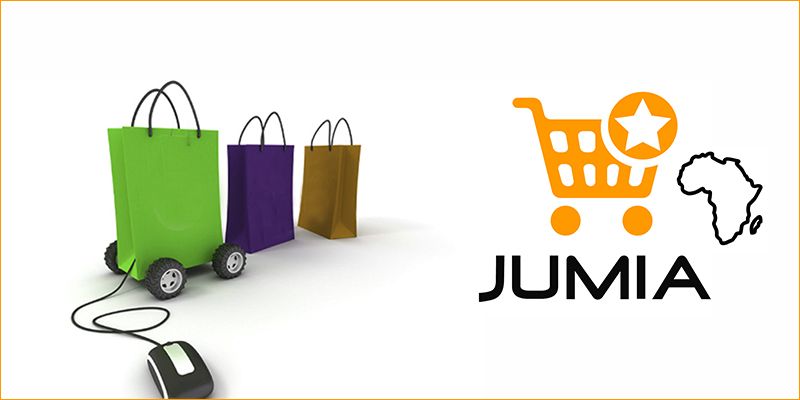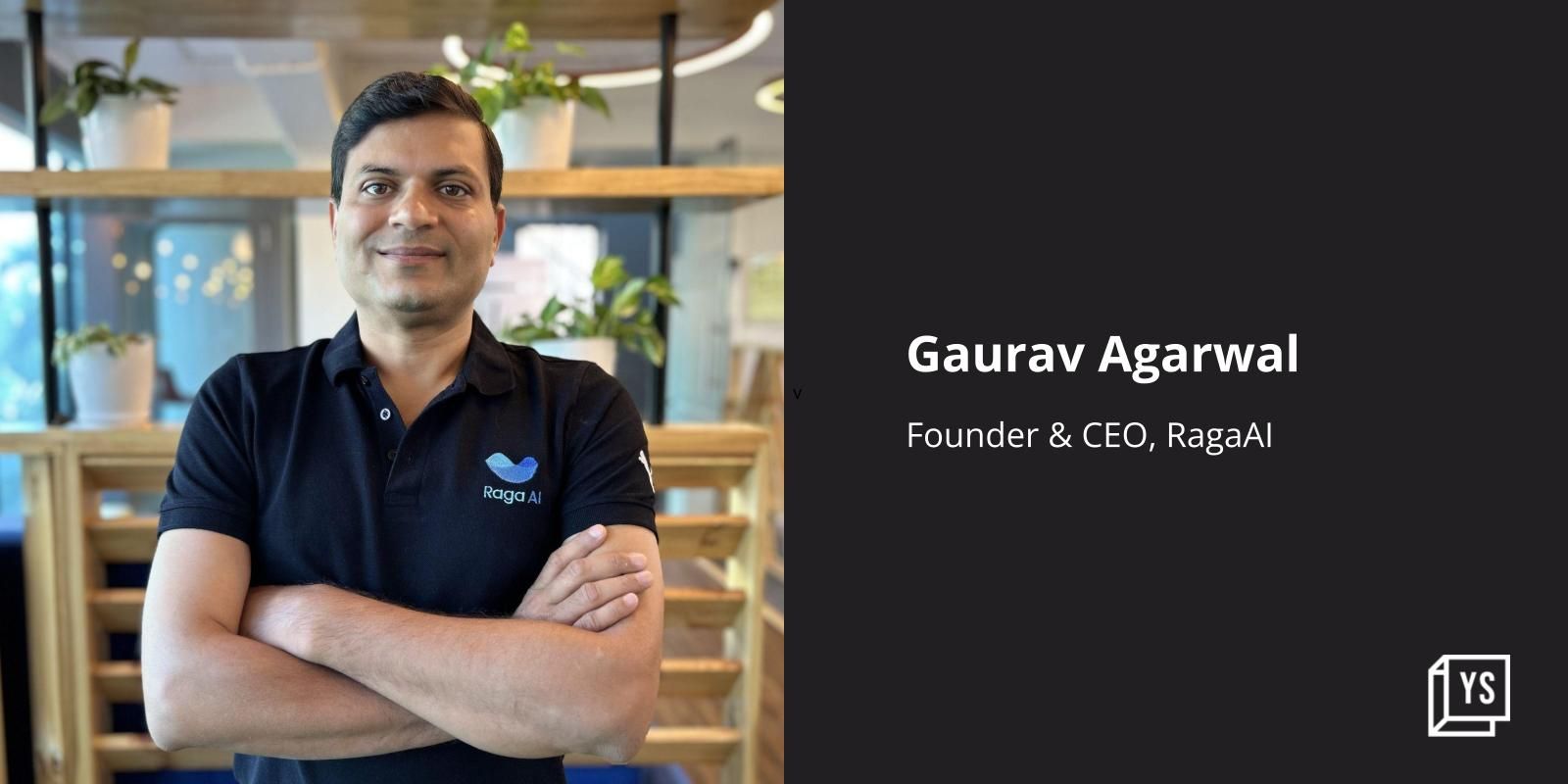Rocket Internet backed Jumia secures $150m funding to expand e-commerce footprint in Africa
Rocket Internet backed online retailer Jumia has announced a new round of investments of $150 million (EUR 120 million), led-by existing investors, thus valuing the company post-money $ 554 million. Jumia is preset in one European and nine African countries. The new funding will be put to use for ramping up Jumia’s operations in more frontier markets.

Two weeks ago when Frankfurt stock exchange listed Rocket Internet it gave an overview of its portfolio companies performance, Jumia was listed as one of Rocket Internet’s proven winners in the general merchandise category – Jumia claims double digit growth.
Started in 2012 in Lagos, Nigeria, with three employees, Jumia become the largest online shopping mall in Africa two years later. For Jumia, conquering Africa’s e-commerce market has been the sole ambition and mission. The company has been pushing the limits of underdeveloped market infrastructure to strengthen its online retail market leadership in Nigeria, Ghana, Cameroon, Tanzania, Egypt, Ivory Coast, Kenya, Morocco and Uganda. Each of these countries is expected to witness 5-8% GDP growth and additional 30% people coming online.
Jeremy Hodara, co-CEO of Africa Internet Group, commented, “We are very pleased to have been given this show of confidence, which acknowledges Jumia’s success. We consider this as recognition of the huge potential of e-commerce in Africa and the strong momentum of Jumia across the continent.”
“For us, the key to success is to build trust. Our customers expect the same quality of service as anywhere else in the world. We have built our own infrastructure to achieve this high level of service. Now, with these new investments, we will continue to grow rapidly and consolidate our leading position,” said Sacha Poignonnec, Co-CEO of Africa Internet Group.
In an interview at WIRED Retail, Christina Hawley, Managing Director of Jumia online shopping service, said, "The issue in Africa has never been demand -- the issue has always been supply." On average there are around 60,000 people served by every shopping centre. In Lagos, there is a population of 21 million and only two shopping malls to meet their needs. This was just one of the reasons Jumia launched in Nigeria first. "Nigeria had all the complications of an African market," she points out. It had massive potential, it was one of the largest most populous countries in Africa and there were massive groups coming quickly online. "Unlike a traditional market, when African consumers come online they come online on all channels very quickly."
In July 2014, Jumia.com.ng had launched pay on delivery (cash on delivery) nationwide in Nigeria. Fueled by low cost Androids smartphone users with iOS & Android apps along with desktop websites, Jumia gives its customers access to over 60,000 SKUs (stoke keeping units) offered by more than 3,800 brands.
Many people write off Rocket Internet backed startups as merely a clone. Yes the ideas might be copied but local operation cannot be copy-pasted. It requires operational innovation. In a way that hasn’t been done before in Europe or the US, Jumia has few tricks up its sleeves to increase sales targeting new shoppers who worry 'what if what I order doesn’t fit.'
Jumia has a liberal return policy. They offer their customers to order two-three sizes of the garments of their choice. The delivery guys will wait till the customer try on the garments to find the one that fits. This will save the customers from raising a customer support ticket for return and wasting extra few days in the process. “In general the returns policy is liberal -- around seven days. While this may not sound much by European standards, it is important to view it in context. In Africa, there is no place that allows the customer to bring back an item," says Hawley.











